Student Blogs
Scroll down to find our blog archive for blogs from before 2020
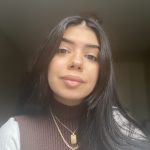 Anisa Soukni, Tunisia
Anisa Soukni, Tunisia
Faculty of Culture and Society – Department of Global Political Studies
My name is Anisa and I am studying my last semester of Peace and Conflict Studies, at Malmö University. I will be conducting my field work in Tunisia and will be taking you along. My study will focus on migration from Tunisia in relation to structural violence as well as the United Nations Sustainable Development Goal. Tunisia is sometimes overlooked and either branded as a ”success” or a ”failure” when referring to the Jasmine Revolution and the Arab Spring, it is however more complicated than that. Tunisia has for some years had a lot of people who have emigrated from Tunisia and I would like to know, how come? What do the Tunisian people believe the reason for these migrations to be because of. Hopefully, people will be interested in participating and sharing their views with me. By conducting this study I hope to get a better view of the grassroot perspective and understanding of the problem. Follow my blog here!
Vidi Ratnafury, Indonesia
Faculty of Culture and Society – School of Arts and Communication
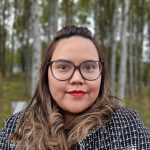 Hello all! My name is Vidi and I am enrolled in the master program of Communication for Development, in Malmö University. This semester I’m going to Indonesia thanks to the MFS scholarhip, and I am planning to do a study on environmental communication practices within NGO and grassroot movements in Jakarta and Bali. I am originally from Indonesia and have lived in Sweden for almost 4 years now, in the land where the environmentalism aspect of life can be felt so strongly. The implementation of it is also facilitated by the help of government policies and the people’s self-awareness. But if a nation is deemed as one of the world’s biggest polluters, does it mean no one has done anything and they are totally in the wrong? Of course not, there are many causes behind the data. Postcolonialism will be used as a theoretical framework of this study, as there is a noticeable amount of negative sentiments towards environmental communication as a Western, Global North and exclusive concept (or misconception?). With this study, I am hoping to get a better insight from the practitioners regarding their work in the field of environmental education and awareness, to further analyze it in my thesis. I am excited to do the study, although I am aware that there will be bureaucratic challenges in obtaining the data – but fingers crossed! Does it sound interesting to you? Come check out my blog entries here 🙂
Hello all! My name is Vidi and I am enrolled in the master program of Communication for Development, in Malmö University. This semester I’m going to Indonesia thanks to the MFS scholarhip, and I am planning to do a study on environmental communication practices within NGO and grassroot movements in Jakarta and Bali. I am originally from Indonesia and have lived in Sweden for almost 4 years now, in the land where the environmentalism aspect of life can be felt so strongly. The implementation of it is also facilitated by the help of government policies and the people’s self-awareness. But if a nation is deemed as one of the world’s biggest polluters, does it mean no one has done anything and they are totally in the wrong? Of course not, there are many causes behind the data. Postcolonialism will be used as a theoretical framework of this study, as there is a noticeable amount of negative sentiments towards environmental communication as a Western, Global North and exclusive concept (or misconception?). With this study, I am hoping to get a better insight from the practitioners regarding their work in the field of environmental education and awareness, to further analyze it in my thesis. I am excited to do the study, although I am aware that there will be bureaucratic challenges in obtaining the data – but fingers crossed! Does it sound interesting to you? Come check out my blog entries here 🙂
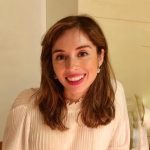 Ana Camber, Mexico
Ana Camber, Mexico
Faculty of Culture and Society – School of Arts and Communication
Hi there! I’m Ana and I’m a student at the Communication for Development master’s programme. I am currently in Mexico, collecting data for my thesis. My research aims to evaluate factors within interculturality regarding the perception of medical care of women from indigenous communities of this country.
It is already known that indigenous communities accumulate a series of additional difficulties derived from their economic, political and social marginality, including a lack of adaptation of the national health systems to the linguistic-cultural characteristics of these communities, as well as to their specific and diverse social dynamics. With this, the recognition of the ethnic, cultural diversity and real needs of this population is the starting point of an intercultural approach.
From the day I arrived, I’ve been meeting incredible people, from people working in the field to members of indigenous communities. I look forward to moving on with my research project and to enjoying my stay in this amazing country. Follow my blog here!
Melinda Malmström, Gambia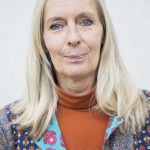
Faculty of Education and Society – Department of Culture, Languages and Media
My name is Melinda Malmström and I work at the Department of Culture, Languages and Media (KSM), Malmö University since a couple of years ago. I now also study for a Master’s Second Degree and as I am lucky to receive a MFS-scholarship I intend to do a minor field study in the Gambia, West Africa to collect material for my thesis. I am interested in the research field on reading and writing in a second language. English is the official school language in the Gambia which means that the students do not learn to read and write in their first language. A majority of the children speak Mandinka, Wolof or Fula as their home language. The Gambia is interesting from a social- and school context as the country is characterized from postcolonialism and education is a decisive factor for futural opportunities as a citizen. I intend to collect valuable information for my master thesis by observations of English lessons in classroom discources. The topic I will be doing research on, is how does the first language effect on learning a second language where a majority language is spoken in the home society. I will study second language learning strategies and teaching practices in Primary and Secondary school. Follow my blogg here!
Hanna Fredell and Elin Laurin – Cambodia
Faculty of Health and Society – Department of Social Work
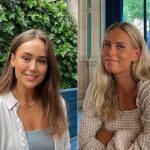 Hello! Our names are Elin and Hanna. We are currently in Cambodia, collecting data for our undergraduate criminology thesis. In collaboration with APLE, we are learning about the important work against sexual abuse and exploitation of children. The victimisation is a result of sex tourism, amongst other things, which rarely leads to significant consequences for the perpetrators.
Hello! Our names are Elin and Hanna. We are currently in Cambodia, collecting data for our undergraduate criminology thesis. In collaboration with APLE, we are learning about the important work against sexual abuse and exploitation of children. The victimisation is a result of sex tourism, amongst other things, which rarely leads to significant consequences for the perpetrators.
We are both passionate about human rights and our ambition to put an end to sexual abuse and exploitation of children lead us to APLE and their inspirational work. They work hard to enable prosecution of perpetrators, engage the community and rehabilitate children, amongst other prevention means. We hope to spread information about APLE’s work and ambitions during our 8 weeks in Cambodia. Follow our blog here.
Glenn Möllergren – Moldavia
Faculty of Health and Society, Department of Social Work
My MFS-study focuses on assessment procedures in elderly care and takes place in Moldova during the autumn of 2021. The aim is to develop the understanding of the needs assessment in elderly care as such, and in particular in Moldova and Sweden. The conclusions will be result in a master’s thesis of social work in March 2022.
Previous studies have shown that the assessment interview in Swedish elderly care assumes the form of an inverted assessment, where, in reality, the assistance officer convinces the care receiver about “applying” only for interventions that are already offered by the municipal care. Other needs are omitted from the interview. Needs that are thus met are of a quality that may be perceived as “expected” or “normal” for an old person, whereas other norm-breaking or unexpected needs are difficult or impossible to even apply for – let alone receive. But is this a Swedish phenomenon, or may similar patterns be identified in other countries as well?
Through observations of the assessment process specific turning points and critical or decisive moments therein may be discovered, and such findings can shed light on the assessment interview in elderly care as such.
You can find blogs from before 2020 in our blog archive below.
Africa
Asia
Europe
North America
Oceania
South America
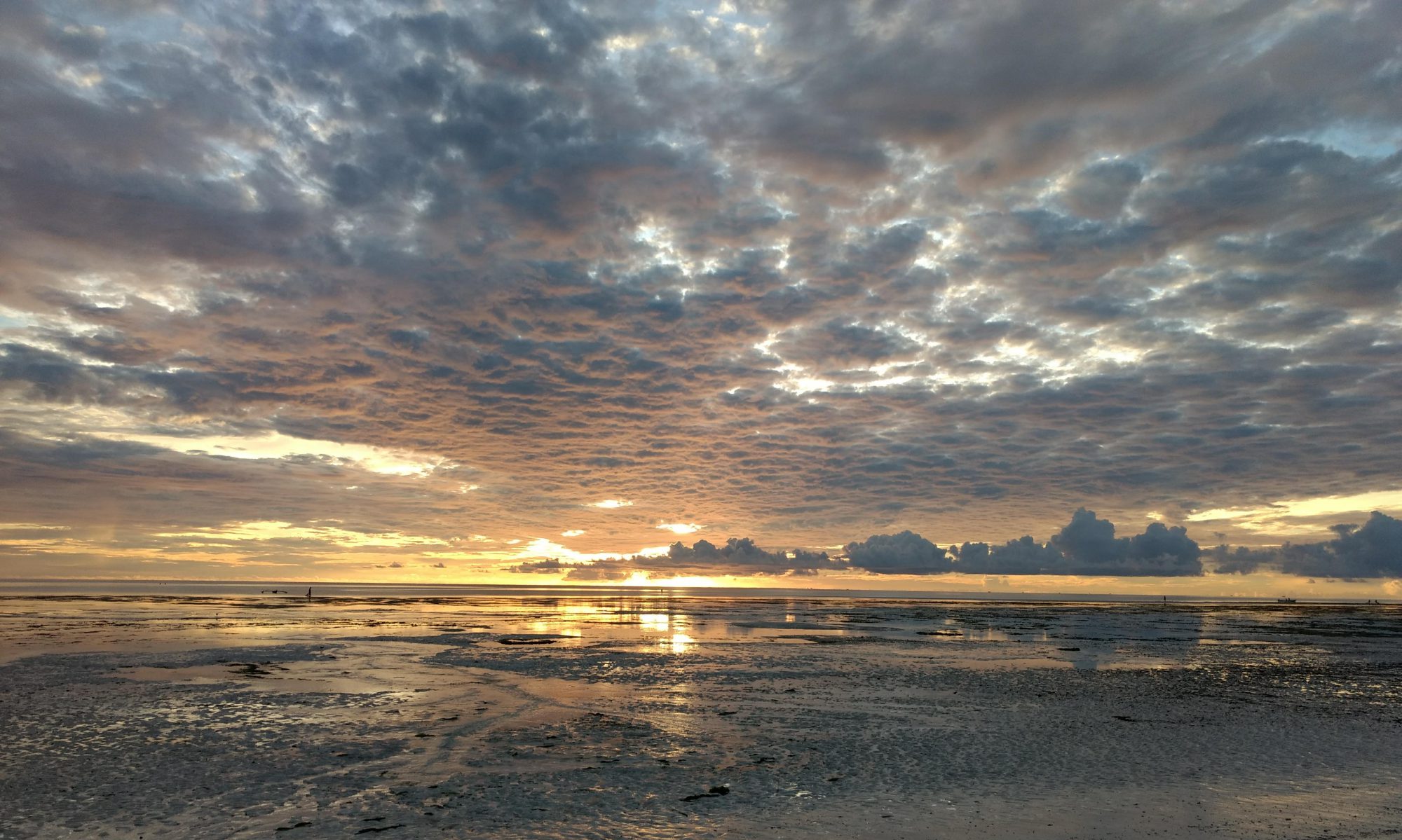
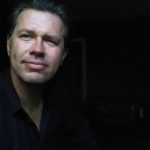
Hej!
När kommer informationen om hur många stipendier som kommer ges ut denna gång?
Vi kommer nämligen söka nu den 15/4 och skulle vilja veta hur många stipendier det rör sig om.
Hej Elin och Anna,
Tyvärr kommer beskedet från Universitets och högskolerådet att dröja och det är därför vi har varit tvungna att skjuta på vårens deadline till den 15 maj.
Så fort vi får information kommer vi lägga ut det på hemsidan men det kommer inte innan maj.
Vänliga hälsningar,
Vilhelm